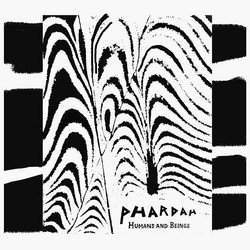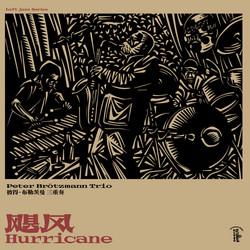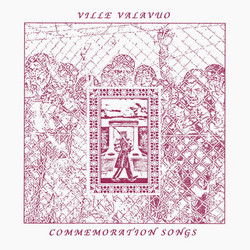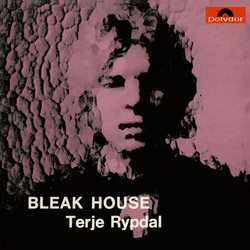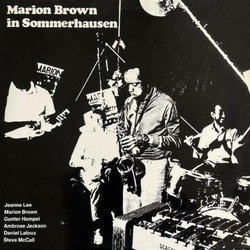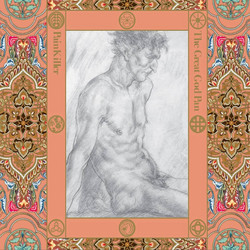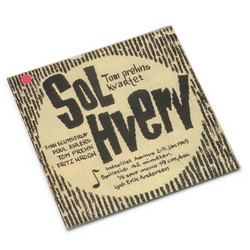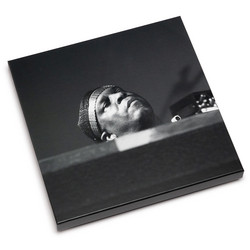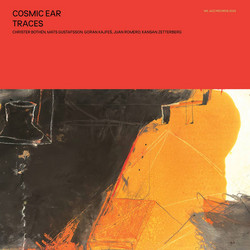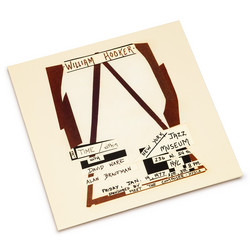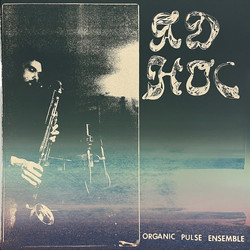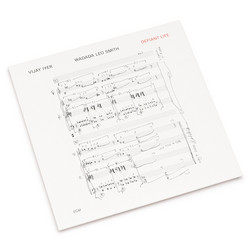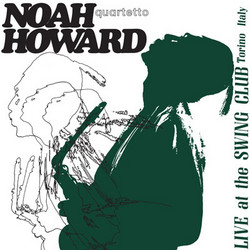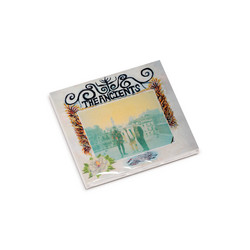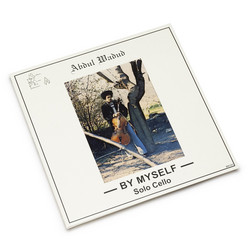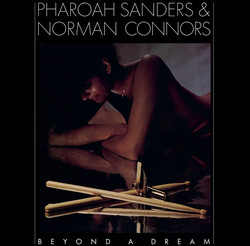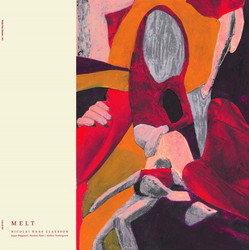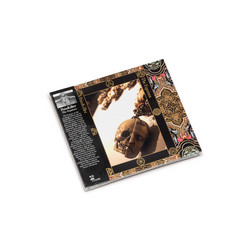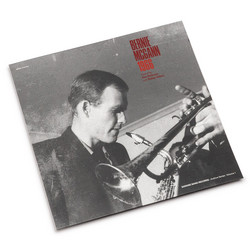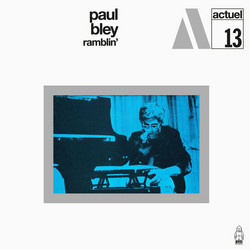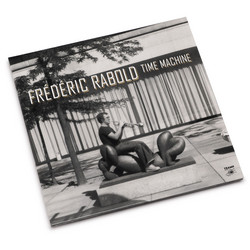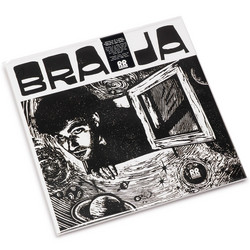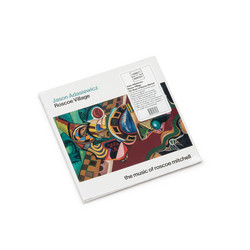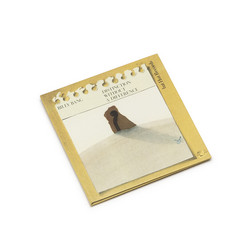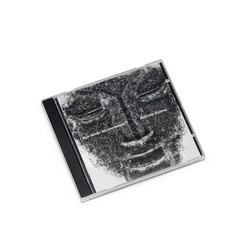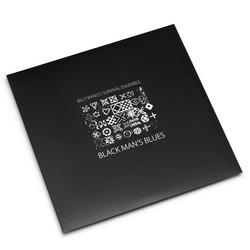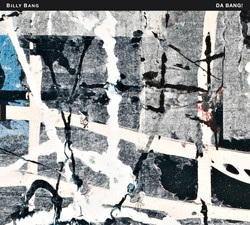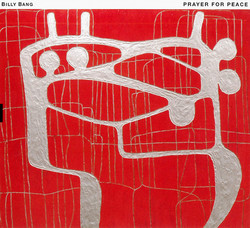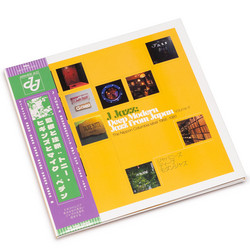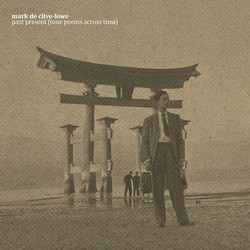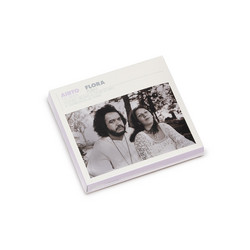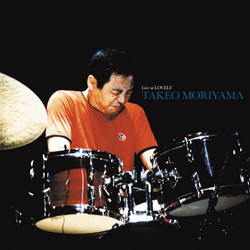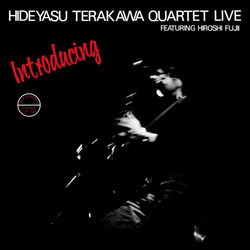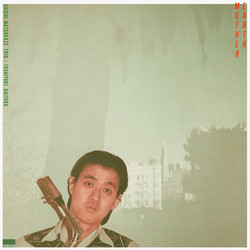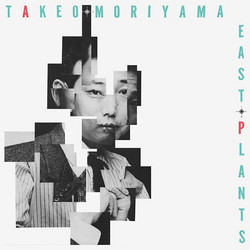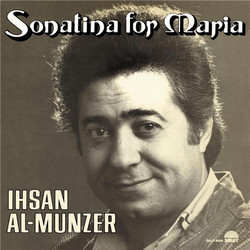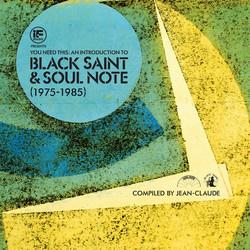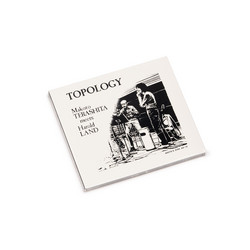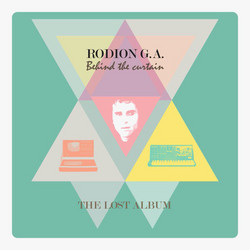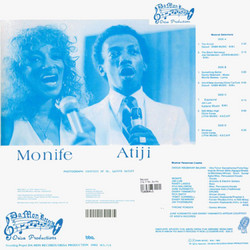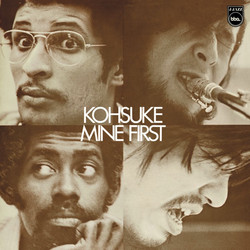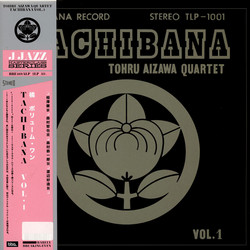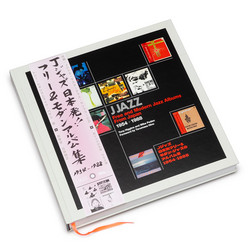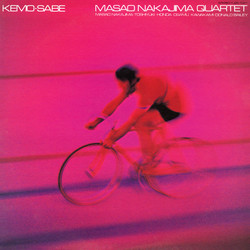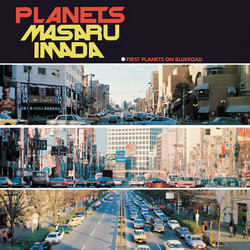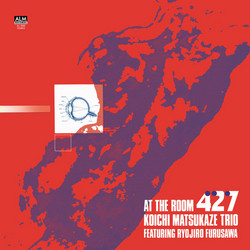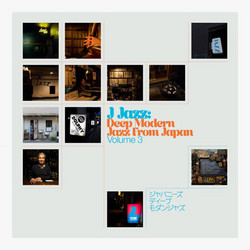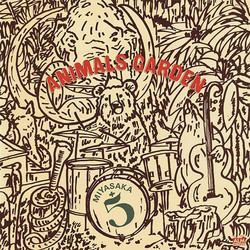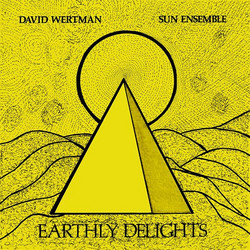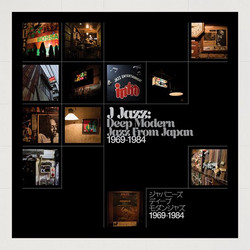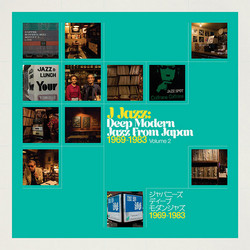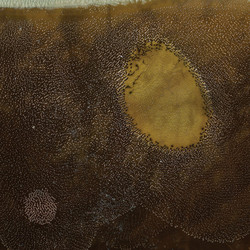Billy Bang
(Music From The Film) Lucky Man (3LP)
'When he performed in Germany, they called him the "black devil violinist," his frenetic playing wrapped in a gyrating, trance-like state. For Billy Bang, who believed he had schizophrenia, the epithet bore a resemblance to his inner turmoil. He was born William Walker in Mobile, Alabama but grew up in the South Bronx. He studied violin and classical music, and his talent earned him a hardship scholarship to the Stockbridge School in Stockbridge, Massachusetts. Bang felt out of place in the predominantly white prep school and quit, returning to the Bronx, where he was drafted into the army. He fought in the infantry during the bloodiest period of the Vietnam War's TET Offensive. Back home, now with substance abuse problems, he found his neighborhood re-christened as Fort Apache; with burned-out buildings and urban decay, the South Bronx itself looked like a war zone. Bang's expertise in weaponry led to a job buying guns for a black militant group. He wandered into a pawnshop's backroom on one such buying trip in Baltimore and found a twenty-five-dollar violin hanging from the wall. He brought it home and started over.
In New York's avant-garde and experimental loft scene of the 1970s, Bang studied with Leroy Jenkins and began playing and recording with David Murray, Frank Lowe and others. In the 1980s, he played with the Sun Ra Arkestra. But Vietnam haunted him. It would be seventeen recordings and three decades later that he found catharsis in his music. What Bang unlocked with Vietnam: The Aftermath (Justin Time, 2001) and Vietnam: Reflections (Justin Time, 2004) was—in his words—"painful, but it was very honest and truthful for me." Bang took that reckoning a giant step further, returning to Vietnam in 2008. Out of that journey comes Lucky Man.' - All About Jazz
